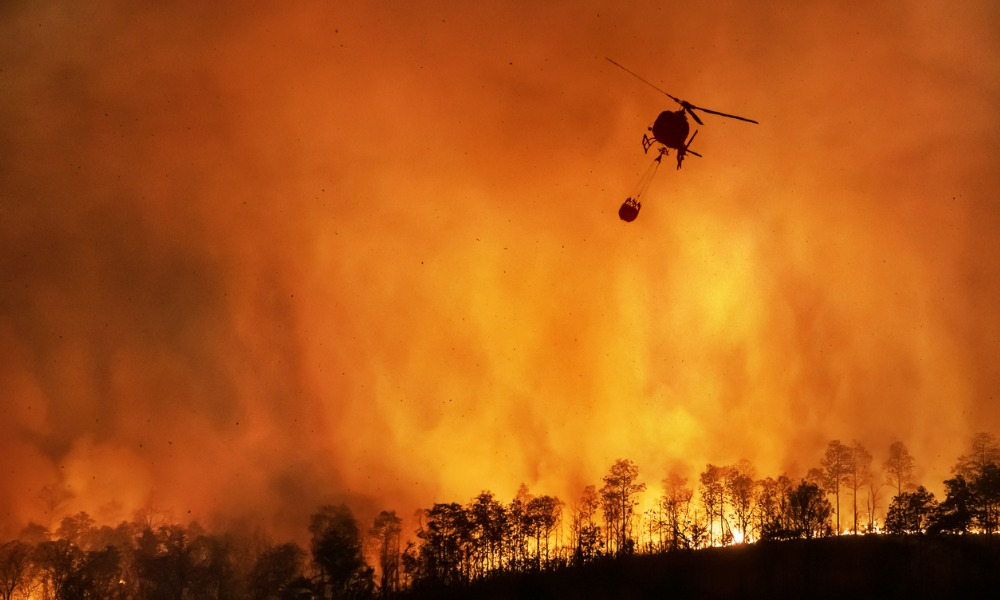Technical Safety BC's latest report also addresses the use of unqualified workers

Technical Safety BC has unveiled its highly anticipated 2022 State of Safety Report. It sheds light on the safety challenges facing the province, which are heavily influenced by the risks and hazards created by climate change. The report also found the use of unlicensed workers and unsafe practices around gas lines are major safety issues in the province.
Adapting to climate change
"I think we all are underestimating the impact of climate change on our work settings,” says Phil Gothe about health and safety professionals. “It's human nature. We tend to normalize it and become desensitized to it."
Gothe is the president and lead executive officer at Technical Safety BC. “Climate change is real…and I think it's real enough, and it's big enough that we should consider what it means in our world and in our environment." Gothe believes there is an urgent need to understand and mitigate the consequences of climate change on various aspects of workplace safety.
During his 14 years with Technical Safety BC, he says wildfires and flooding have gone from being novel occurrences, to expected annual events. He says safety leaders need to reassess and adapt approaches to safety considering changing environmental conditions.
Moreover, the 2022 State of Safety Report underscores the influence of climate change and extreme weather events on safety decisions. "The climate is changing everything, even how we work and where we work is changing," states Gothe, who says extreme weather events have led to an increased number of incidents resulting from poor safety behavior.
Technical Safety BC has developed a climate hazard inventory to identify vulnerabilities and safety hazards resulting from floods, wildfires, heatwaves, and other extreme weather events. The organization is also actively working on educating and supporting safety partners in the safe adoption of low-carbon technologies.
Unlicensed workers and unsafe conditions
Technical Safety BC investigated 81 incidents in 2022, and one common occurrence discovered is the use of unlicensed or untrained workers.
"People should be properly trained, properly certified, and or licensed to do work. Because unfortunately, there's intrinsic hazards in many pieces of equipment and things that we do. And that hazard can be well managed if people know what they're doing," says Gothe, who references a deadly ammonia leak last spring, which involved unqualified workers performing the job.
To address this issue, Technical Safety BC has launched an updated online registry called "Find a Licensed Contractor" and mandated licensed contractors to include their Technical Safety BC license number in advertisements.
"Don't underestimate how important proper certifications and therefore upstream proper training is, to the work that you do," explains Gothe, who hopes anyone in charge of safety is actively seeking out qualified workers to perform the jobs, even if they think it can be taken care of by a so-called “handy person.”
Underestimating gas lines
The report also sheds light on the potential dangers associated with working near gas lines. "We're finding that there is an underestimation of the potential dangers of working near the [gas] lines."
The organization investigated 24 reports of gas leaks from damaged gas lines in 2022, including seven incidents that resulted in explosions causing multiple injuries as well as damage to buildings and infrastructure.
The investigations showed workers involved may not have fully comprehended the risks. Gothe says it is crucial to raise awareness and ensure proper training to mitigate such risks effectively.
Gothe says by prioritizing safety with qualified workers and embracing responsible practices, Technical Safety BC aims to create a safer environment for all in the face of a rapidly changing climate.





